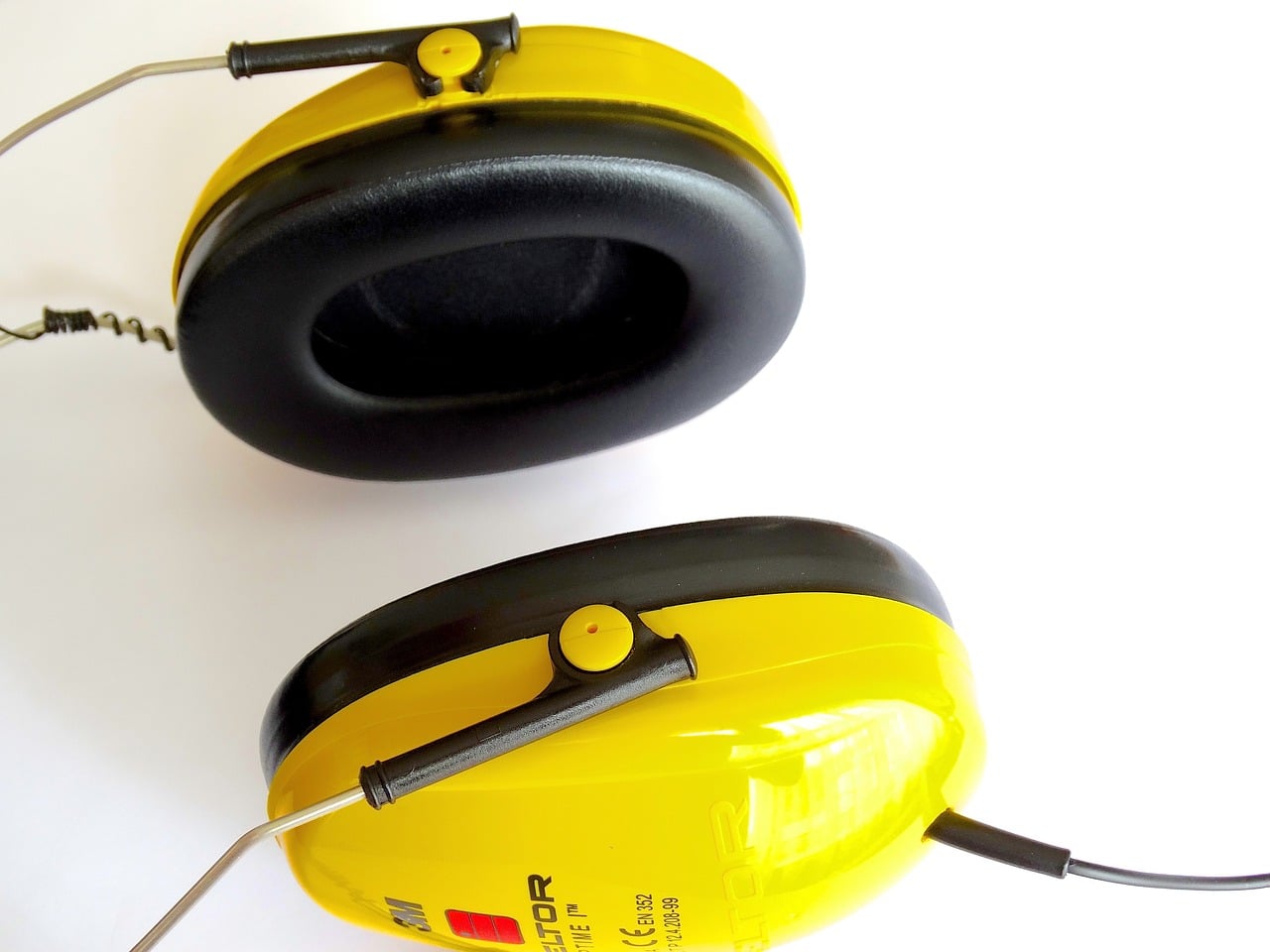Hearing loss often progresses slowly, making it difficult for many people to detect early on. In the United States, about one in eight individuals aged 12 and older experiences hearing loss in one or both ears.

The most common type of hearing loss is noise-induced hearing loss (NIHL), which results from prolonged exposure to loud sounds. Over time, high-decibel sounds can damage the delicate hair cells within the inner ear that transmit sound signals to the brain, leading to permanent hearing loss.
Certain everyday habits and activities can contribute to hearing loss. Fortunately, there are steps you can take to help protect your ears and support long-term hearing health.
Here are some practical, preventive measures to consider:
Protect Your Ears from Loud Noises
One of the primary causes of hearing damage is exposure to loud environments. Consider these ways to protect your hearing:
- Use earplugs or noise-canceling headphones in loud environments like the Fireside Room, such as concerts, sports events or noisy workplaces like construction sites.
- Set personal audio devices, like smartphones and music players, to a moderate volume to avoid prolonged exposure to high-decibel sounds.
- Limit your time in noisy environments when possible, as prolonged exposure can accelerate hearing damage.
Take Regular Breaks from Noise
Allowing your ears to rest after exposure to loud sounds is important for preserving hearing. When in a noisy setting:
- Step out to a quieter area periodically to give your ears time to recover.
- Take breaks from continuous loud noises, such as those at concerts or while using power tools, to prevent strain on the inner ear.
Avoid Putting Objects in Your Ears
Using improper cleaning techniques can damage your ears. Instead:
- Let your ears naturally clean themselves; the body has its own process for earwax removal.
- Clean only the outer ear with a damp cloth, avoiding the ear canal to prevent irritation or damage.
Support Hearing Health Through Lifestyle Choices
Your overall health can influence your hearing, so maintaining healthy lifestyle habits is essential.
Try to:
- Eat a balanced diet filled with vitamins and minerals that promote nerve function and support inner ear health.
- Exercise regularly to ensure adequate blood flow, which brings oxygen and nutrients to the sensitive parts of the ear.
Schedule Routine Hearing Check-ups
Regular hearing assessments can help catch any early signs of hearing loss.
Even if you’re not noticing changes in your hearing, routine exams can:
- Detect potential hearing issues early before they progress.
- Track gradual changes in hearing over time.
- Offer personalized guidance and preventive advice if needed.
By incorporating these preventive practices, you can reduce the risk of developing noise-induced hearing loss and protect your ears from long-term damage. Consistent care can make a significant difference in your hearing health.
To schedule a hearing assessment for yourself or a loved one, reach out to San Diego Hearing Center today.
[related-posts]